An “accused” person has the option to remain silent, merely dispute the accusations, or provide an explanation for what transpired. Article 20(3) is violated if the accused is forced to provide information; however, if the accused provides the information voluntarily and without being compelled in any way, there is no infringement of this clause. The fact that if an accused decides to keep silent, whether or not a negative inference can be made against them should grab everyone’s attention in this situation. According to many academics, the idea of adverse inference on silence severely weakens the right to silence, which is guaranteed by the constitution under Article 20(3). We will be examining the same in this article.
Conflicting Judgements
In Selvi, the court said that an accused not only has the right to refuse to answer any inquiry that could potentially lead to their own incrimination, but there is also a law that prohibits any adverse inference from silence. Section 313(3) of the Criminal Procedure Code places a significant restriction on the court’s ability to ask the accused during the trial to explain any circumstances that may have been present in the evidence against him. Due to Section 161(2) of the CrPC, it is obvious that a person has the choice to remain silent in answer to a police officer’s questions throughout the investigation stage. Furthermore, the accused person’s silence during the trial stage cannot be used against them, as stated by Section 313(3) and Proviso (b) to Section 315(1) of the same code.
According to Section 313 of the Criminal Procedure Act, the court held in the recent case of Ramnaresh v. State of Chhattisgarh that an accused person has the right to remain silent at all times during the inquiry and while the court is in session. Although the accused’s statement is being recorded in accordance with Section 313 of the CrPC, the court is entitled to draw whatever conclusions—including unfavourable ones—that may be permitted by law, even if the accused chooses to remain silent or deny everything. This is so that the court can interpret the law in whatever way it sees fit.
The argument offered by the trial court in the Pradeep case is unacceptable because it states that if an accused person fails to present any oral or written evidence proving his presence at a specific time or if he fails to offer any defence while being questioned in accordance with Section 313 of the Criminal Procedure Code, an adverse inference should be drawn against him. The supreme court further emphasised in the case of Ratan Singh v. State of H.P. that the accused should not only be given the chance to explain circumstances that are incriminating, but that their responses or explanations should also help the court evaluate the totality of the evidence. In circumstances covered by Section 304A of the Indian Criminal Code, the court may also draw a negative inference against the accused if they fail to provide an explanation.
The courts in India have been misusing Section 313 to force people to make self-incriminating comments, which are similar to confessions, under the guise of protecting the truth. The courts have very limited discretion, even with Section 114 of the Indian Evidence Act on their side. It allows a court the power to infer any unfavourable judgement about the party in question without using any evidence or facts that have been established, but rather by applying the law to a particular set of facts. However, none of these guidelines apply to the accused’s silence or the comments made in accordance with Section 313 or the regulations governing unfavourable inferences or confessions.
It is now commonly accepted that the court may decide that an accused person is guilty if they remain silent or give a misleading explanation for facts that are subsequently proven or confirmed. In recent years, this view has become widely accepted. Silence and explanations imply that the accused is required to respond to the court’s inquiries. Although it doesn’t actually constitute an obligation, this does imply that the accused has a duty to do something. As a direct result of this, the Supreme Court decided in another case that the accused had to formally provide an explanation of the circumstances surrounding their arrest. It is argued that an adverse inference can be drawn against the accused only and only if the incriminating material stands fully established. The circumstances from which the judgement of conviction is to be formed in instances where the evidence is circumstantial should firstly be completely established, and all the facts thus established should only be compatible with the hypothesis of the guilt of the accused. So, only when this is confirmed should a negative conclusion be made. When judges make negative inferences, the accused is compelled to speak because otherwise, inferences are drawn against him that can result in a conviction, which would violate the right to remain silent. Otherwise, it would not only compromise the accused’s freedom of expression and sense of dignity, but also the impartiality of the courtroom. The Constitution’s Article 20(3) and the right to the assumption of innocence are both breached by this.
Adverse inference: Can it be used as a proof?
The courts have decided that adverse inference cannot be used as evidence in an effort to continuously offer protections. In general, if an accused’s statement is recorded under Section 313 of the Criminal Procedure Code, the entire statement must be examined in order to determine if it constitutes an admission. A court should not accept the evidence that incriminates while rejecting the evidence that exonerates.
In a case, the Hon’ble Supreme Court ruled that the defendant’s false plea on information that is only known to him constitutes a significant additional circumstance against him. The prosecution’s case must be able to support itself on its own. After the prosecution has proved its case, the accused may only be questioned about the facts, particularly those that are within his knowledge. In the event that there is any incriminating evidence, the court must question the accused and get his response, regardless of how tenuous or weak the prosecution’s case may be. Oral arguments may only be heard after that procedure is complete and before the judgement is made public. No one accused of a crime may be made to testify against themselves, as stated in Article 20(3) of the Constitution. The High Court erred in this case when it inferred the guilt of the accused from what he said or didn’t say during his examination in pursuant to Section 313 CrPC.
It is asserted that an adverse inference can only be formed when it is consistent with the prosecution’s argument or when the prosecution has established its case. The accused’s refusal to respond to any court enquiries about prospective evidence used against him by the prosecution, as well as his poor or evasive responses, would not be sufficient grounds for the court to find the accused guilty on this count. The statements submitted under Section 313 CrPC must be considered alongside the other prosecution evidence, not in isolation. Because the accused’s statements are not made under oath, they do not constitute evidence in and of themselves. As a result, answers or silences can only be used to bolster the prosecution’s case.
The option to speak is one that each person makes for themselves, and no one else should be allowed to interfere with that autonomy, especially if that person may be subject to criminal charges or punishment. In light of this, the author believes that submitting someone to the contested tactics against their will is against the law and a violation of their right to privacy. Forcefully interfering with someone’s mental processes is not permitted by any legislation, and it unquestionably violates their right against self-incrimination. An interpretation of the right that attempts to balance these many claims would undoubtedly result in a more comprehensive solution to the issue.
The courts must relook at one of the findings of the Nandini Satpaty case, wherein it was held that an accused is not required to answer questions if it is incriminatory for a different case than is being investigated by the police. This is a very ambiguous and grey area since the police will not know which question is incriminatory for a different matter and that might be misused by the accused. In India, it can be seen from the above analysis that while the right to silent has been recognised by the courts in India, it is very clear that the courts draw adverse inference if an accused refuses to answer questions or chooses to remain silent. This forces the accused to answer the questions (exculpatory or incriminatory), violating Article 20(3) of the constitution.
* Third Year B.A.LLB. Students, National Law University, Delhi
** Third Year B.A.LLB. Students, National Law University, Delhi


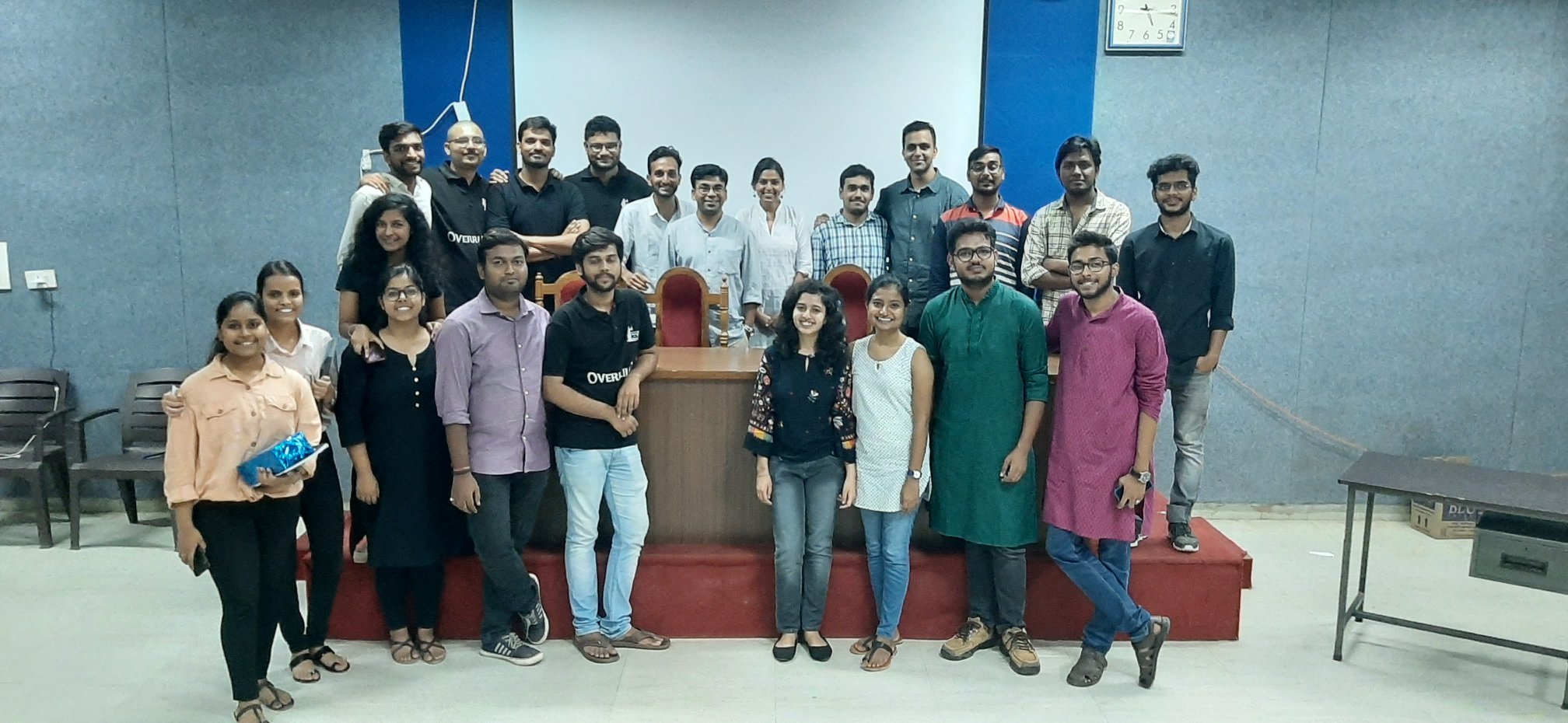
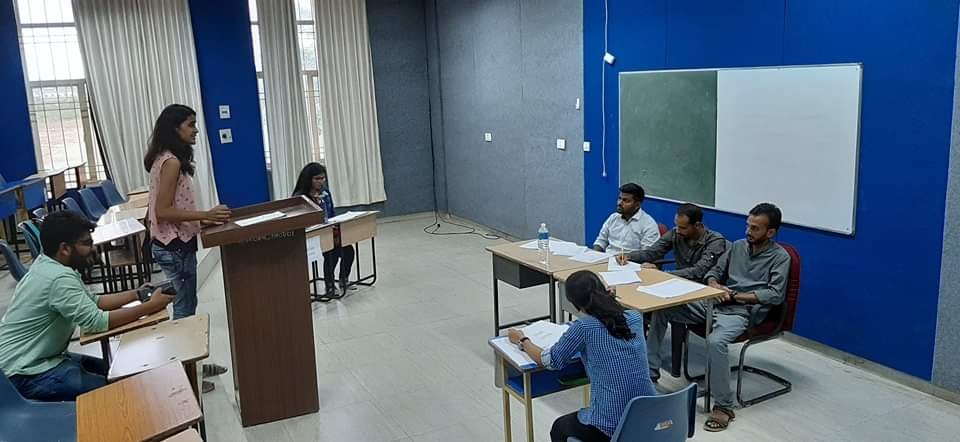
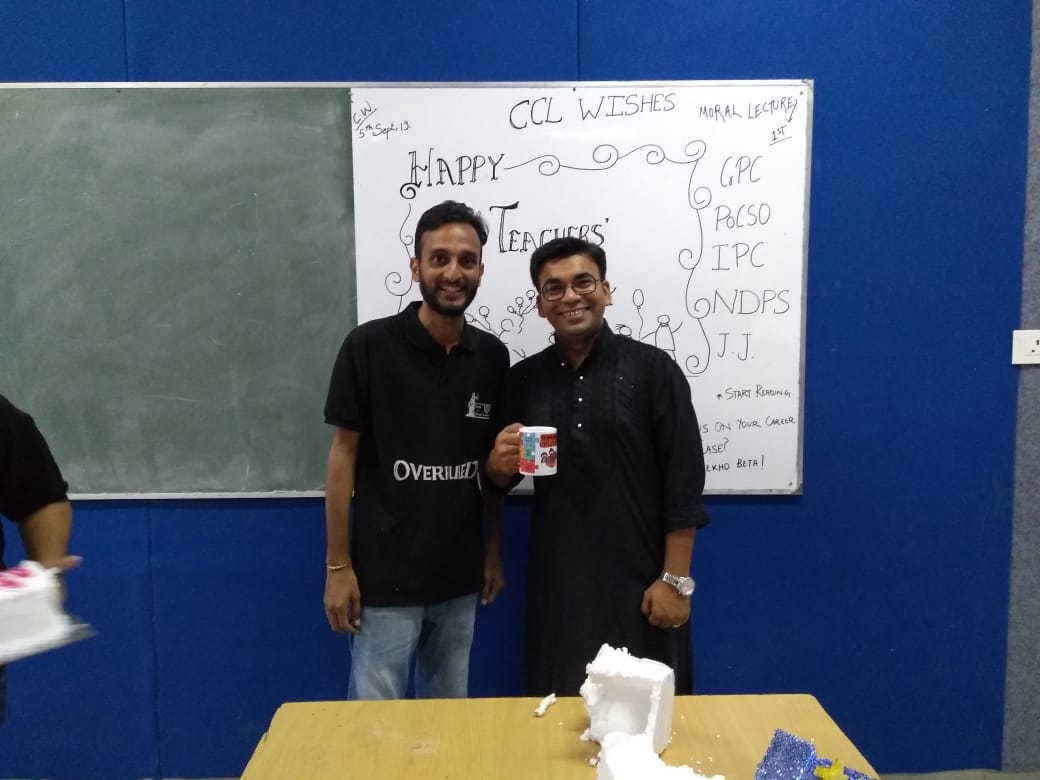
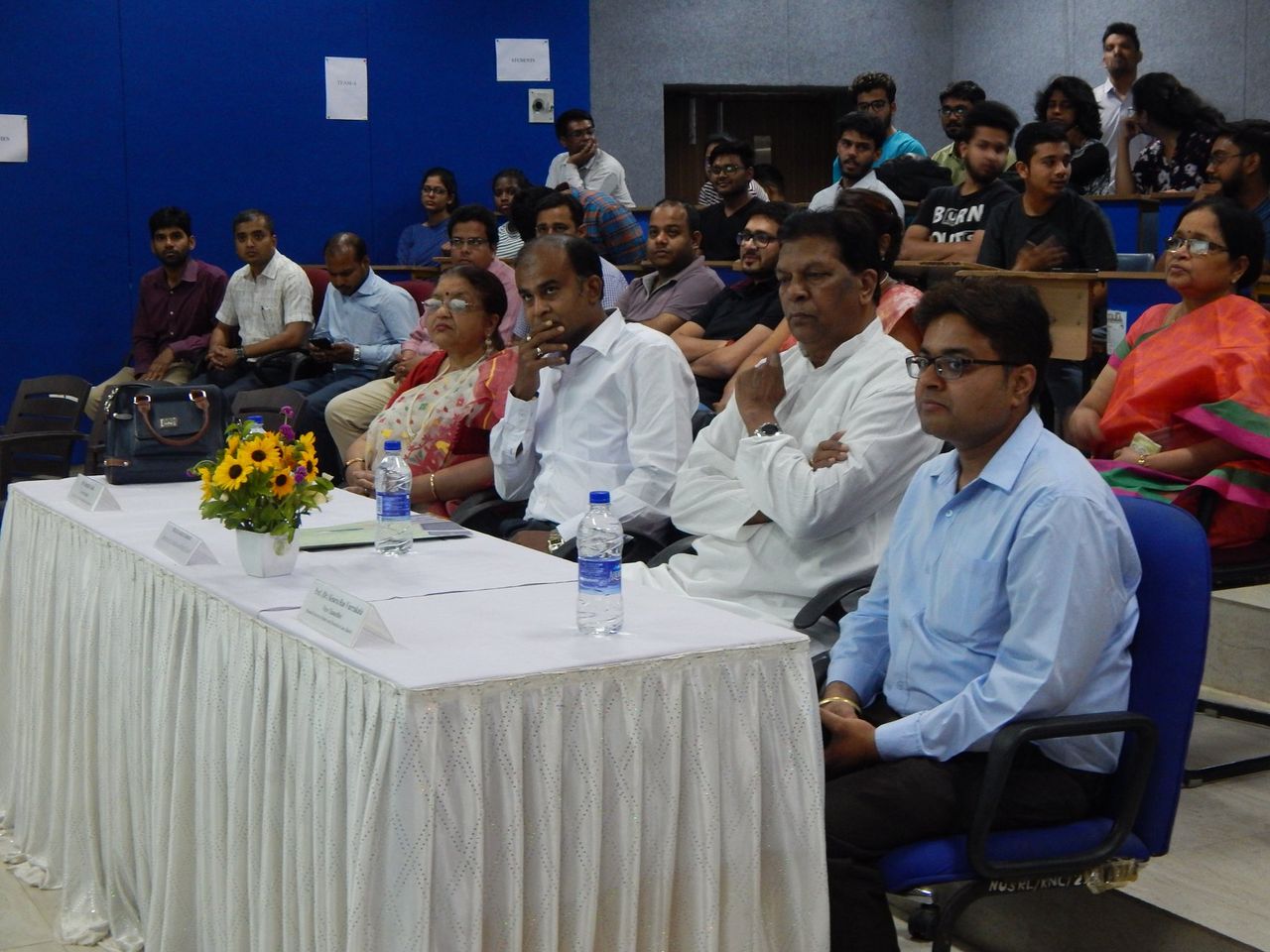
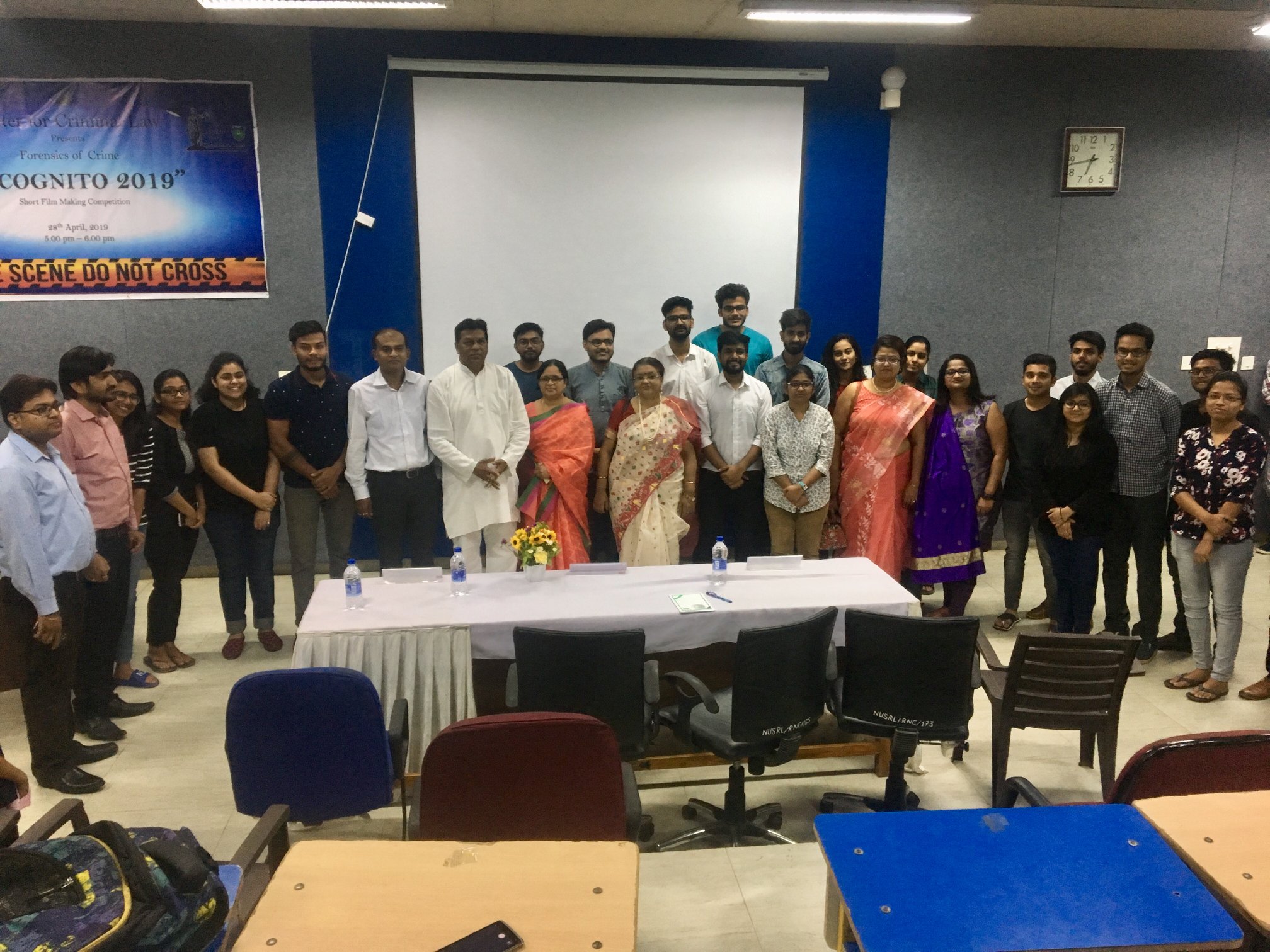
Leave a comment